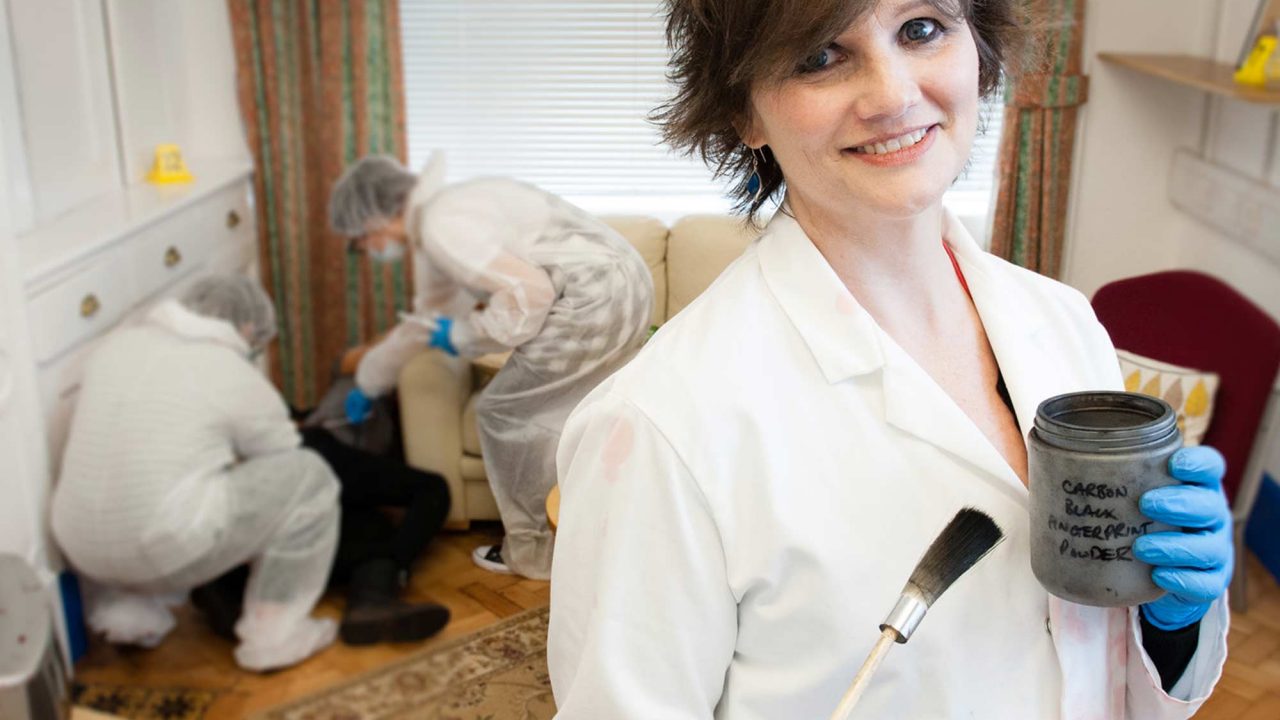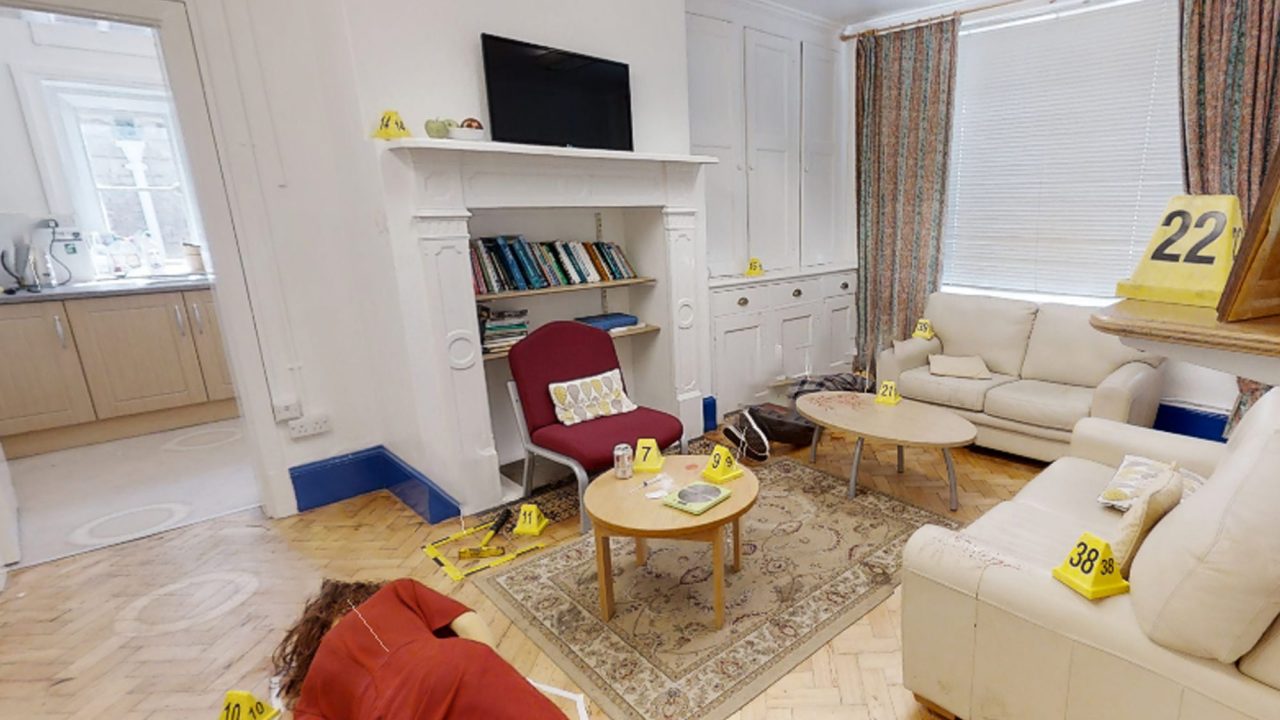Applicants should possess an HND, Diploma of Higher Education or Foundation degree in a relevant subject.
Evidence of achievement of another qualification that’s equivalent to the first two years of a degree may also be taken into account. Examples of relevant subjects include, but are not limited to, psychology, criminology, public services, policing or community work.
GCSE in English Lang/Lit and Maths at grade 4/C or above are usually required.
Unsure if we could offer you a place? Check out the UCAS tariff calculator or contact our admissions team if you have any questions.
We welcome applications from mature students (aged 21 and over) and do not necessarily require the same academic qualifications as school leaving applicants, although some entry requirements may still apply for professionally accredited courses. We accept Access to Higher Education Diplomas and make offers on an individual basis.













; ?>)